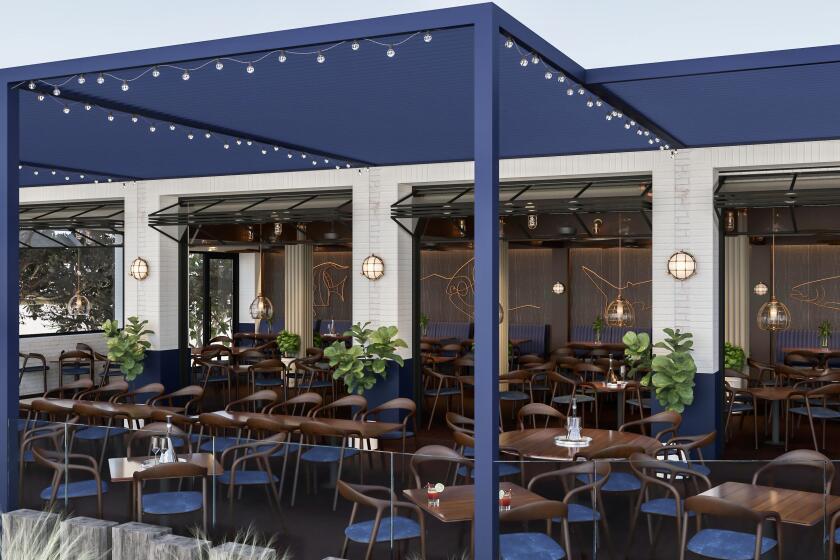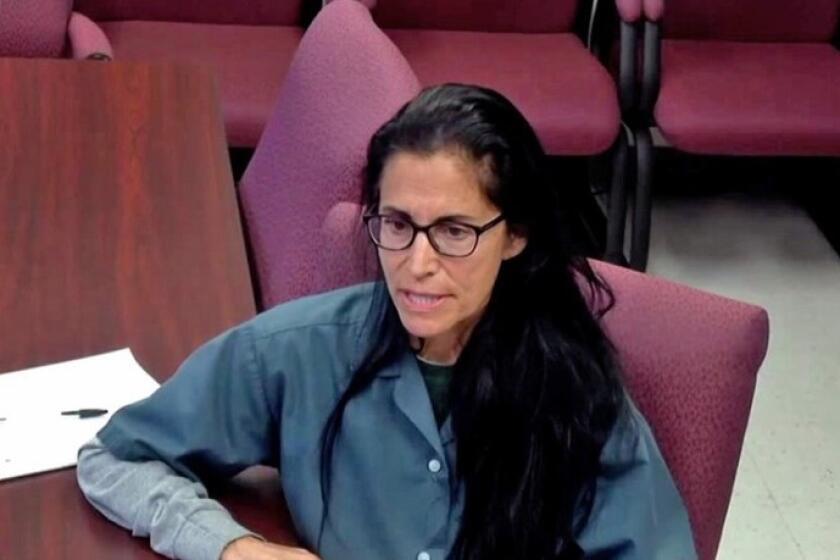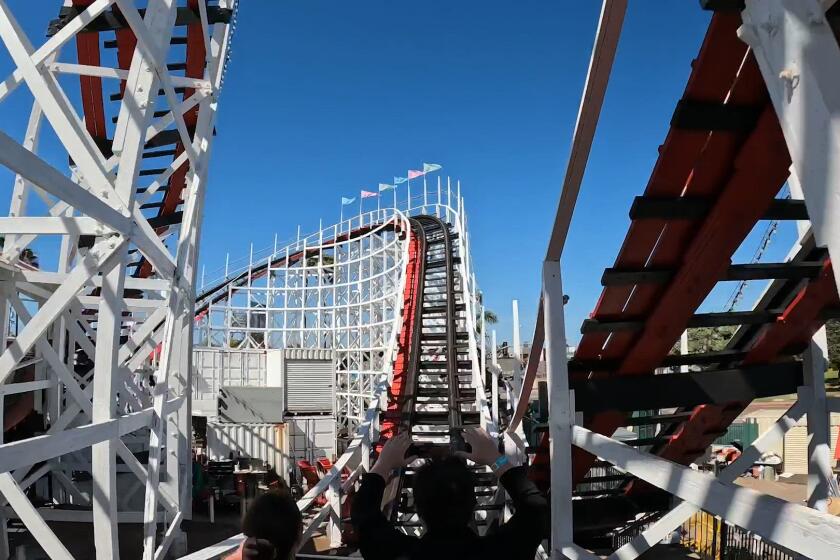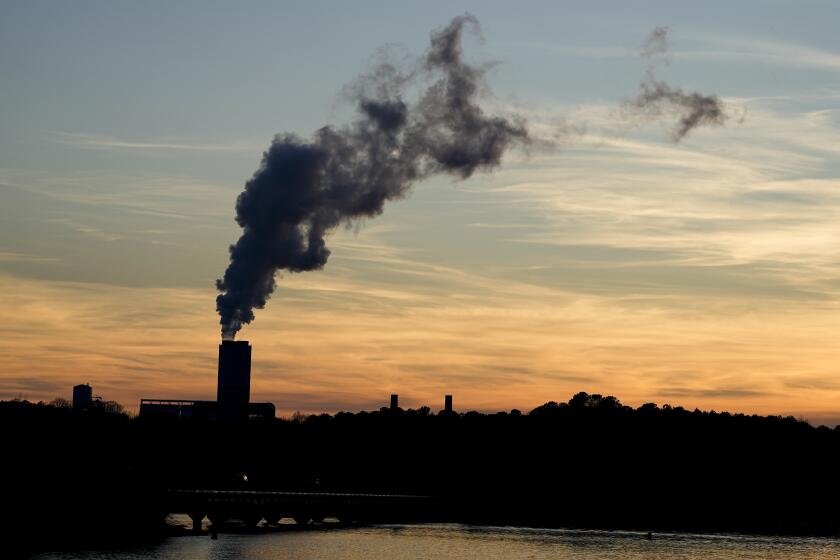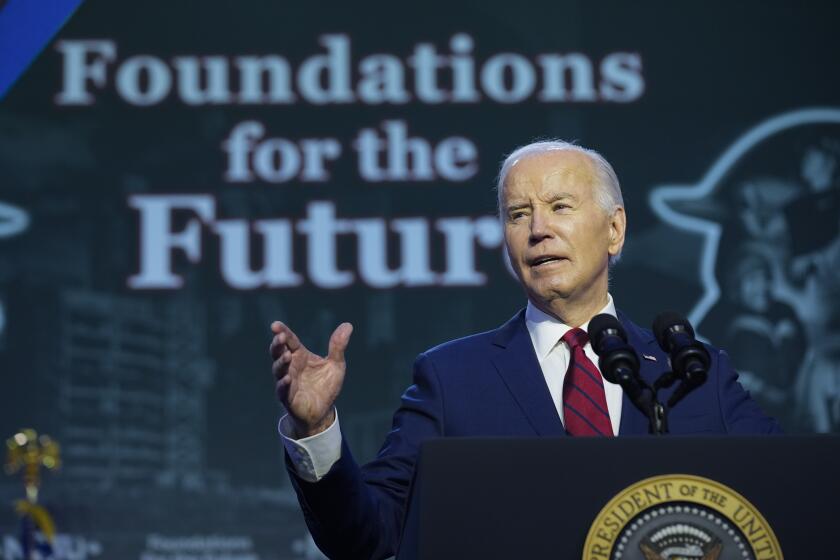New regulations slashing San Diego short-term rentals by 50 percent endorsed by Planning Commission
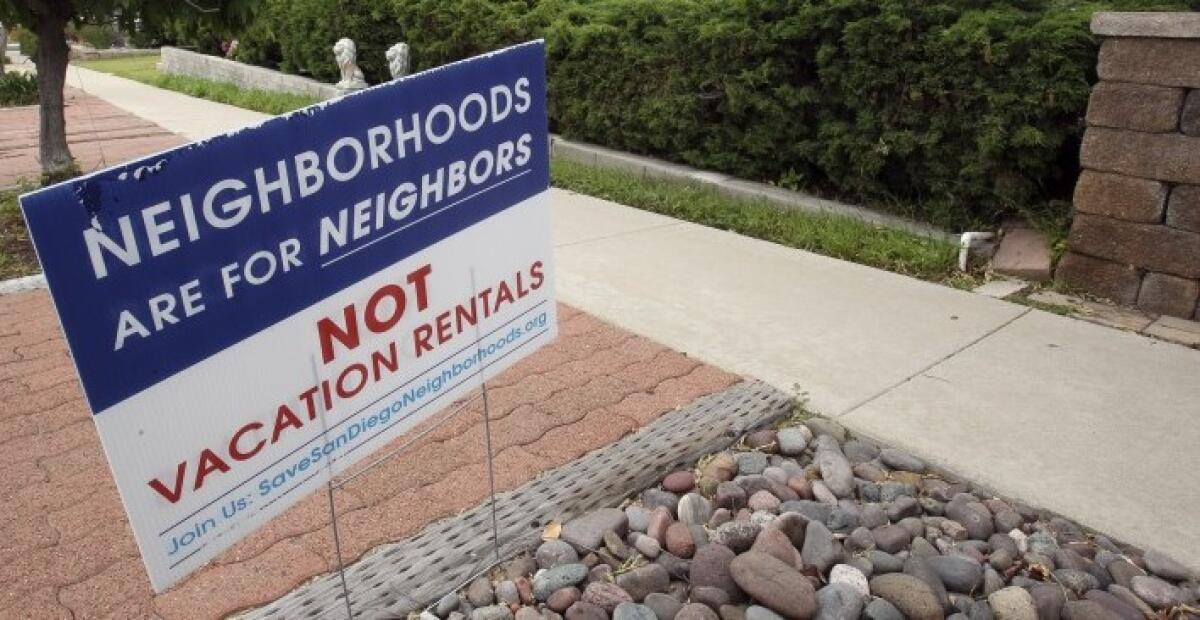
)
Tough new Airbnb regulations that would allocate vacation rentals via a lottery system still need approval from the City Council, which should weigh in by early next year
A new set of regulations that would slash the number of San Diego’s Airbnb-style rentals by 50 percent was endorsed Thursday by the city’s Planning Commission, setting the stage for what will likely be a contentious hearing before the City Council early next year.
The unanimous action of the commission represents a key milestone in the city’s years-long struggle to reach an agreement on how to both legalize and regulate vacation rentals, which have mushroomed in recent years with the rise in popularity of home-sharing platforms like Airbnb.
“I think we’ve come up with something that is very supportable,” said Commissioner James Whalen. “We received well over 200 comments in writing, and most of them were not supportive of doing short-term vacation rental ordinances. Obviously, the number of people complaining are making it clear there is a problem we need to address. On the other side of the coin, there are a lot of people who really depend on the income from renting their homes out for short term vacation rentals. The challenge has been where we have these people who are doing it as a business.
“Given that there‘s agreement from everybody that there aren’t adequate regulations now, despite what some people have said, we need to act.”
Under the proposal the commission recommended for approval, the number of homes that could be fully rented out for short-term stays of less than 30 days while the owner or resident is not present would be capped at about 6,500 citywide, which includes a carve-out for close to 1,100 such rentals in Mission Beach.
For all but the community of Mission Beach, the number of yearly vacation rentals that would be permitted would be capped at 1 percent of the city’s more than 540,000 housing units. For Mission Beach, which has a long history of vacation rentals, the proportionate allowance would be much larger, representing 30 percent of the community’s total dwelling units.
The effect of the proposed restrictions would be to reduce the number of whole-home short-term rentals, which the city believes totaled close to 13,000 as of last summer, by 50 percent. Individuals would be limited to just one short-term rental license each as long as they had the right to occupy the dwelling unit being rented out, and a two-night minimum would be required of all guests for the rental of entire dwellings.
Licenses would be granted via a lottery, but the Planning Commission is asking, in the interest of equity, that the City Council consider divvying up the allocation equally among the nine council districts. If approved by the council, the ordinance would go into effect Jan. 1, 2022.
“There are certain neighborhoods in the city that are more popular for Airbnb hosts, and I want to make sure we are not inadvertently creating a situation where certain council districts that may be less economically affluent or less politically active will lose out on the ability to participate in this,” said Commissioner Matthew Boomhower. “While I recognize that the lottery process is random by nature, I want to make sure that council has the ability to consider how we make sure we’re distributing the lottery chances equitably across all San Diegans and not allowing it to be gobbled up by folks who have the good fortune to own property in our beach neighborhoods.”
The proposed ordinance before the commission originated from City Councilwoman Jennifer Campbell, who represents many of the beach communities and was able to enlist the support of Expedia, the parent company of the HomeAway and VRBO home-sharing platforms, and Unite Here Local 30, the labor union that represents hotel workers. The 1 percent cap agreed upon by commissioners is higher than the 0.75 percent threshold included in the original Campbell proposal.
Campbell, who was praised by one commissioner for being brave enough to take on the volatile issue of short-term rentals, applauded the commission’s action.
“San Diegans have been ready for a plan that puts housing stock back on the market, provides licensing, regulation and enforcement in the short-term vacation rental space,” she said in a statement.
Airbnb, the dominant home-sharing platform in San Diego, declined to comment following the commission action. During the hearing, Airbnb Senior Public Policy Manager John Choi advocated for a 1.2 percent cap, calling it a reasonable compromise.
“Our primary goal is to establish clear, reasonable regulations to create clear roadmaps for our hosts to continue opening up their homes to guests in San Diego,” Choi said. “We proposed 1.2 percent as a reasonable, modest increase from Dr. Campbell’s ordinance ... We think that will still result in more than a 50 percent reduction, which we think is a huge sacrifice our hosts are making in the effort to create stability and create clear rules for the road for our hosts.”
Unite Here countered that Airbnb’s proposed cap was not modest nor reasonable. The Expedia Group released a statement following the meeting saying it was pleased with the commission’s action.
Under the proposed regulations, the governance of short-term rentals would be guided by a tiered system that imposes no limits on those hosts who rent out a home for no more than 20 days out of the year. Similarly, there would be no limits for individuals who rent out a room or two in their home while they are residing there. The proposal also allows those owners or permanent residents to be absent from their units for up to 90 days in a year.
A large part of the proposed measure deals with enforcement, a vexing problem that has dogged the city for years and raised complaints from homeowners that the city has done little to crack down on problematic rentals with late-night noise and partying.
The measure outlines steps that would be taken for enforcing the new regulations, including the hiring of new code enforcement officers. Hosts who violate the regulations would be subject to fines and after three violations, a license could be revoked.
San Diego has been wrestling with how to regulate vacation rentals for at least the last five years but has been unable to put in place any rules that would stick. More recently, the City Attorney’s office has been cracking down on especially problematic rentals. In late October City Attorney Mara Elliott announced she was taking steps to shut down a La Jolla Farms short-term vacation rental where police reported multiple raucous parties, including some that drew as many as 300 attendees.
There remains a large contingent of homeowners who believe that short-term rentals should be banned from residentially zoned neighborhoods, based on the current municipal code, and some urged the commissioners to reject the Campbell plan.
“I bought my dream house here 20 years ago, and the last four years it’s been next to a hotel that has an unregulated outside bar in the front of the house, and on Saturday morning I awoke to gunshot fire,” said Bird Rock resident Steven Dowdy. “When are you going to support the rights of the citizens of San Diego? We bought houses in neighborhoods, we didn’t buy homes in commercial zones and you’re turning our neighborhoods into a commercial zone. Shame on you.”
Get U-T Business in your inbox on Mondays
Get ready for your week with the week’s top business stories from San Diego and California, in your inbox Monday mornings.
You may occasionally receive promotional content from the San Diego Union-Tribune.

